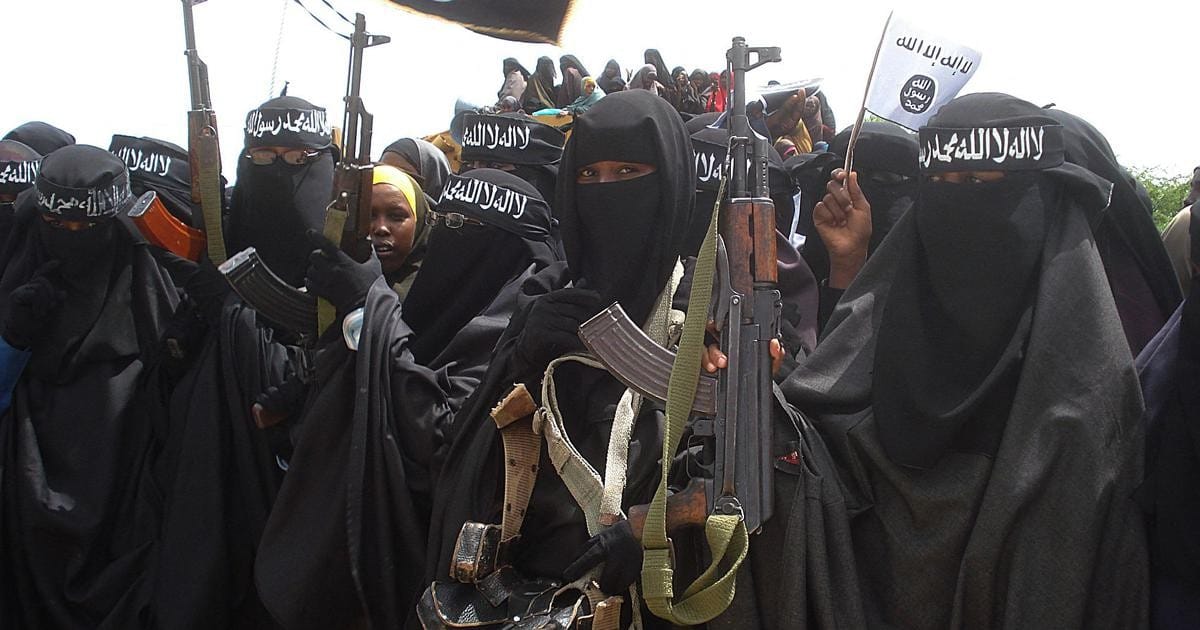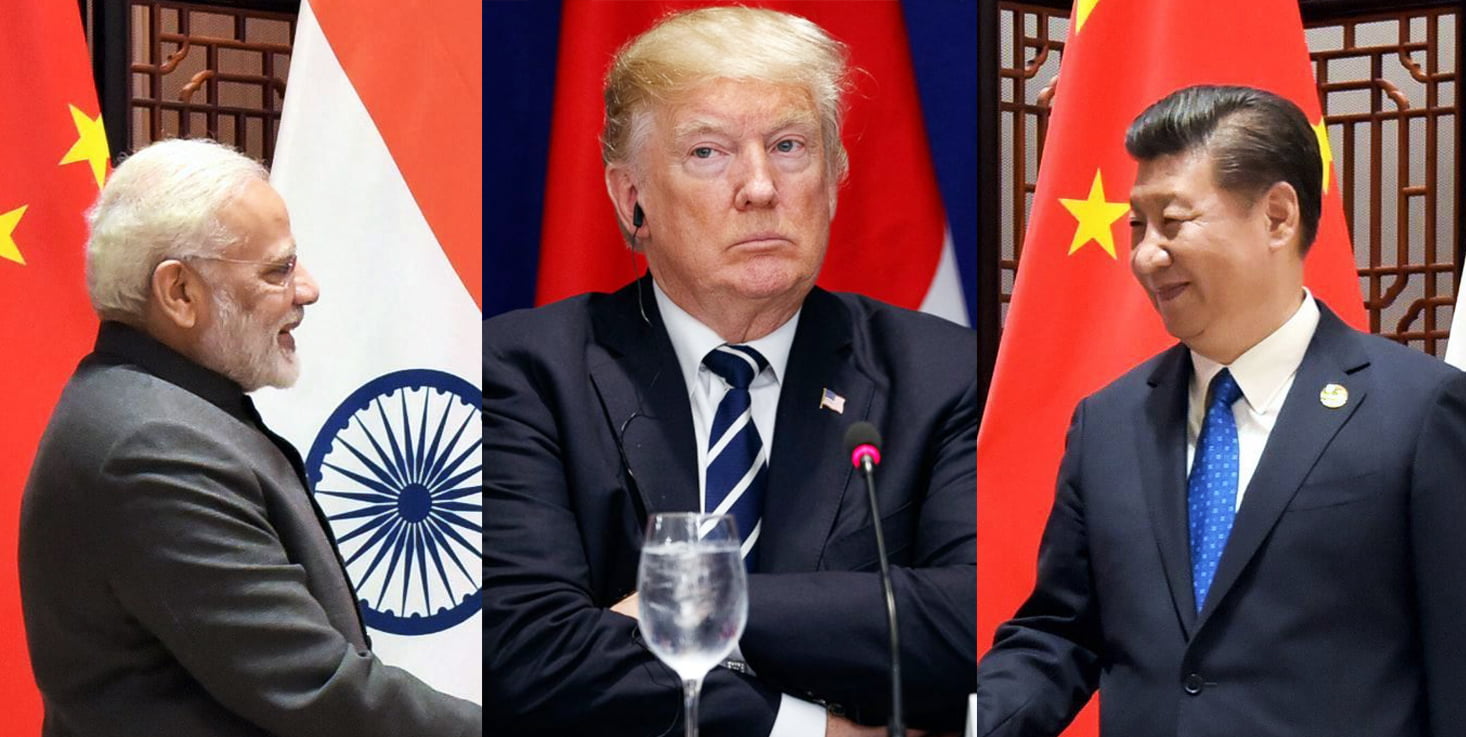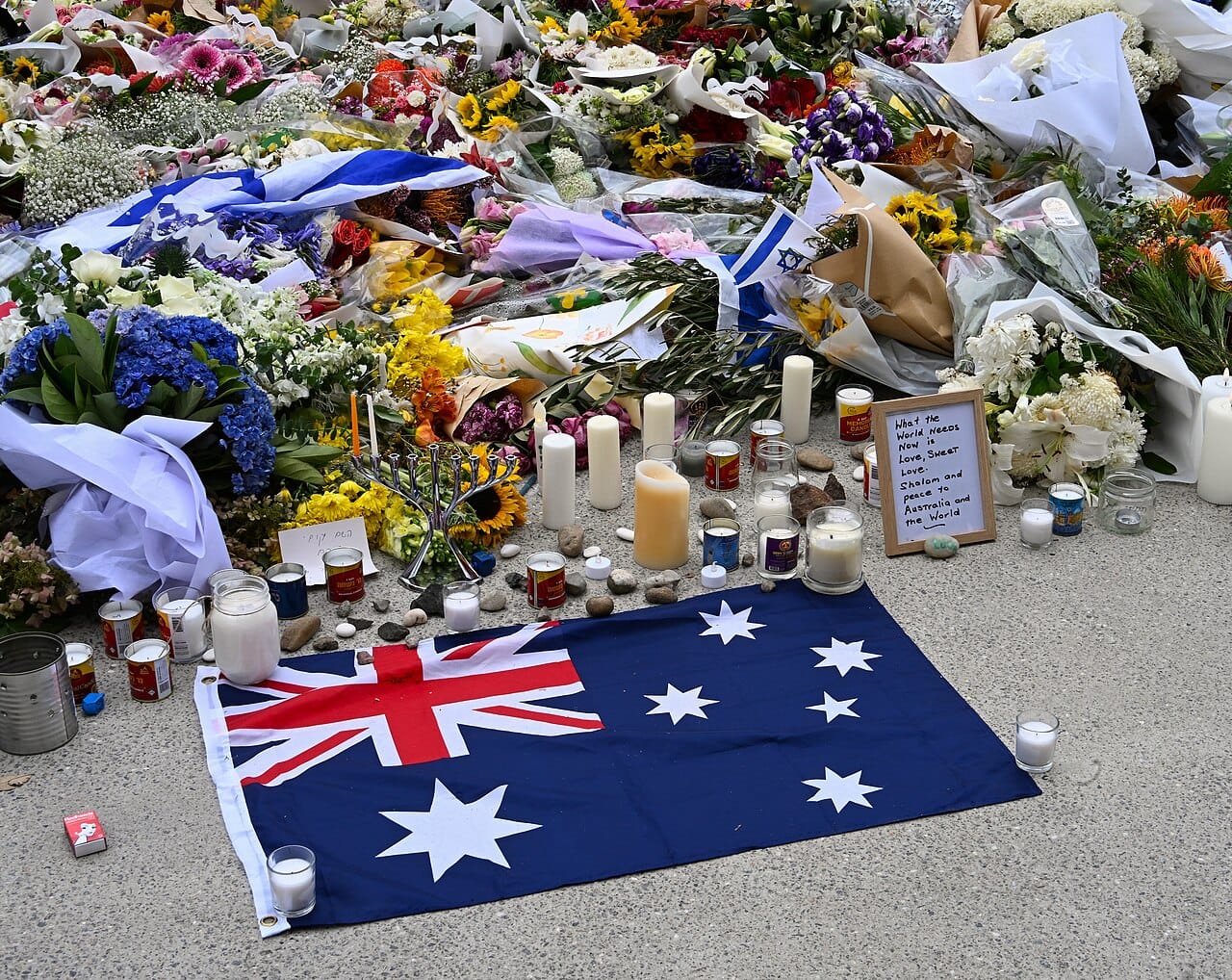Terrorism is a complex and multifaceted phenomenon characterised by the use of violence and intimidation, especially against civilians, in the pursuit of political, ideological, or religious aims. Changing government policy, gaining independence for a territory, furthering religious views, or promoting a certain ideology are some of the objectives that motivate terrorism. The primary objective of terrorism is to evoke fear and panic in people who are not the direct victims. This kind of anxiety has the power to topple governments, undermine public trust in the government, and destabilise nations. Terrorist acts are often designed to attract media attention and spread the group’s message to a broader audience. The publicity generated by such acts can help recruit new members, garner support, and amplify the group’s influence. There are several categories for acts of terror.
Different Dimensions of Terrorism
State-sponsored terrorism is when governments encourage terrorist activity; one example of this is Iran’s support for Hezbollah. Domestic terrorism takes place inside the boundaries of a nation and perpetrator usually belongs to that particular nation; Timothy McVeigh’s Oklahoma City bombing is an instance of this. International terrorism entails acts by terrorist groups from other nations; two prominent instances are the 9/11 attacks by al-Qaeda and the 2008 Lashkar-e-Taiba bomb blasts in Mumbai. Religious terrorism led by religious sentiments can be seen in Boko Haram’s operations in Nigeria and ISIS’s attempts to create an Islamic state. The Revolutionary Armed Forces of Colombia (FARC) and the Red Army Faction in Germany are two examples of left-wing terrorism that aims to further socialist or communist ideology. On the other hand, Right-wing terrorism, which is frequently motivated by racist or nationalist reasons, includes acts carried out by white supremacists and neo-Nazi organisations.
As demonstrated by the Irish Republican Army (IRA) and the Tamil Tigers (LTTE) in Sri Lanka, ethno-nationalist terrorism seeks national independence. The Boston Marathon bombing and Anders Behring Breivik’s assaults in Norway are two examples of Lone-wolf terrorism which are acts done by independent individuals. Finally, Cyber-terrorism is the use of digital technology to attack and compromise systems; attacks on financial and governmental networks are prime examples. Different approaches are needed for successful prevention and response since each kind poses different difficulties. Talking about the role of women in terrorism and its funding we can see the number of women who are reportedly involved in financing terrorism has increased alarmingly in recent years; estimates place their contribution at close to 20% of all terrorist-related financial operations worldwide. In addition to ideas and violent activities, terrorism also strongly depends on an advanced financial infrastructure.
How Terrorism is Funded?
There are many different ways that terrorism is funded, ranging from straightforward gifts to intricate financial plans often involving corporates and nonprofit organisations. It is important to comprehend women’s roles in this setting since their involvement may have a big influence on terrorist organisations’ internal dynamics. Due to a confluence of social, political and ideological elements, women support terrorism substantially and intricately. Their involvement can take many forms, ranging from outright financial contributions to indirect assistance via various channels, which reflects larger trends in radicalisation and social engagement. The financial backing of terrorism by women is a nuanced phenomenon that is intricately linked to social, political and ideological circumstances.
Comprehending this complex participation is essential to formulating efficacious measures to combat the funding of terrorism and tackle the wider problem of radicalisation. This calls for a comprehensive strategy that takes into account the many reasons and strategies used by women to support terrorist activity.
Role of Women in Terrorism Financing
All the views and opinons expressed are those of the author. Image Credit – LinkedIn.
About the Author
Jaiee Ashtekar holds a bachelor’s degree and a master’s degree in political science from the University of Mumbai. She holds a post-graduate diploma in international relations from the University of Strathclyde, United Kingdom (UK). She has done projects titled “Kashmir through Political Perception” and “Water issues between India and Pakistan.”



